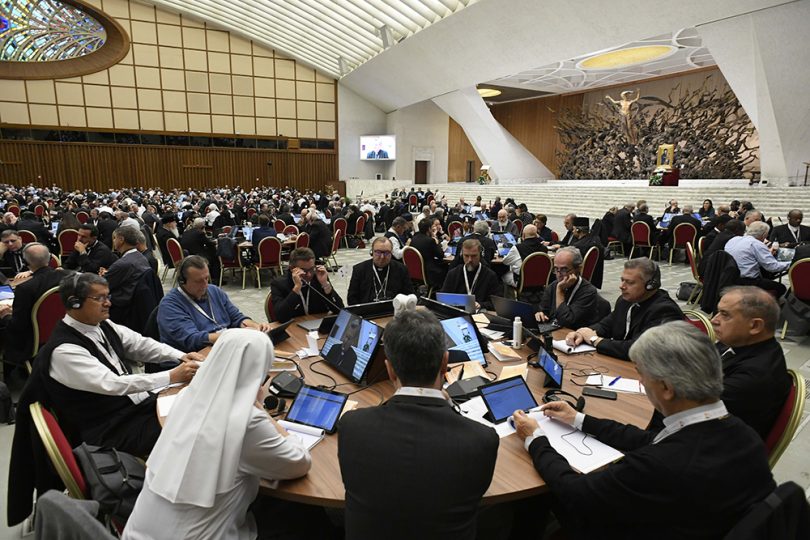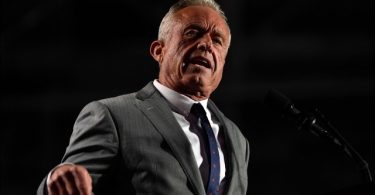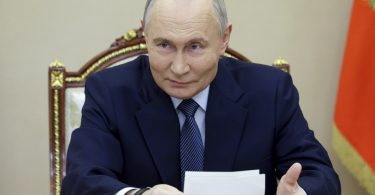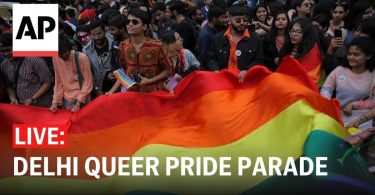 I cannot deny the disappointment and frustration that I and so many LGBTQ+ Catholics feel after four years of taking a chance in telling our stories and taking a chance on being heard by our fellow Catholics and our leaders, only to learn that the Synod was unable to directly acknowledge us in its Final Document beyond a brief reference to “marital situation, identity or sexuality” (paragraph 50). I can’t deny our frustration or anger when so many LGBTQ+ Catholics are already suffering, both from marginalization and exclusion inside the church, and sometimes greater marginalization, abuse, and even violence in wider society.
I cannot deny the disappointment and frustration that I and so many LGBTQ+ Catholics feel after four years of taking a chance in telling our stories and taking a chance on being heard by our fellow Catholics and our leaders, only to learn that the Synod was unable to directly acknowledge us in its Final Document beyond a brief reference to “marital situation, identity or sexuality” (paragraph 50). I can’t deny our frustration or anger when so many LGBTQ+ Catholics are already suffering, both from marginalization and exclusion inside the church, and sometimes greater marginalization, abuse, and even violence in wider society.
But I would like to caution against an entirely negative response to the work of the Synod on Synodality by highlighting the seeds for future growth and change in our church that, with the Holy Spirit’s guidance and our own continued work for justice, could lead to the wider acceptance of LGBTQ+ Catholics.
While there are many beautiful, if somewhat vague, rhetorical appeals to diversity and dialogue in the Final Document, my training as an ecclesiologist leads me to focus on some of the seemingly boring but crucial structural recommendations the Synod recommends that, IF implemented – an “IF” that should be printed in all caps, boldface, and italicized – may be crucial to how LGBTQ+ Catholics are listened to in the future. These recommendations, if actually implemented through policies, canon law, institutional structures, and mandated procedures, have the potential to prevent this Synod from being judged in the future as a total failure for LGBTQ+ Catholics.
The document’s recommendations to develop a clear synodal process of ecclesial discernment and decision-making is an important starting point. The document highlights three required components for ecclesial discernment: 1) “nothing [should be done] without the bishop,” 2) “nothing without the council of presbyters,” and 3) “nothing without the consent of the people” (paragraph 88). In recent centuries Catholic practice has excelled at the first component, but extremely weak on the second and third.
The document emphasizes that in some cases, church leaders are already “obligated by current law to conduct a consultation before taking a decision.” When that happens, “those with pastoral authority are obliged to listen to those who participate in the consultation and may not act as if the consultation had not taken place,” and should not “depart from the fruits of consultation that produce an agreement without a compelling reason which must be appropriately explained.” (paragraph 91) We can hope that such a change in practice will occur, and that church leaders will actually begin to follow current canon law’s recommendations for consultation.
The Synod recommends changing a canonical formula that repeatedly refers to these consultations as a “merely” consultative vote, and recommends “a revision of Canon Law from a synodal perspective […] shedding light on the responsibilities of those who play different roles in the decision-making process.” (paragraph 92) If – IF – this is carried out in our parishes and dioceses, and includes the recommendation for consultation with all those “affected by the matter under consideration” (paragraph 93.a), then there may be a path forward in which no further decisions are made about us, without us, in our lives as LGBTQ+ Catholics.
A second place for hope is in the recommendations to mandate and strengthen the structures that allow participation of all the baptized in decision-making, accountability, and evaluation at all levels of the Catholic Church. The document lists some of the bodies already outlined in canon law for this purpose, such as diocesan and parish pastoral councils, presbyteral councils, and diocesan synods. The document recommends making these possibilities mandatory, as well as changing their ways of functioning, and broadening participation in them.
The report emphasizes that “a synodal Church is based upon the existence, efficiency, and effective vitality of these participatory bodies, not on the merely nominal existence of them. […] For this reason, we insist [some of the strongest language in the text!] that they be made mandatory, as was requested at all stages of the synodal process, and that they can fully play their role, and not just in a purely formal way.” (paragraph 104) The text further calls for these councils to use a method which includes actual dialogue and a greater diversity of membership that accurately reflects the composition of their communities. Even if our voices were not reflected in the Final Document, many LGBTQ+ Catholics had a powerful experience of being listened to seriously by some of our pastors, some of our bishops, and many of our fellow Catholics. These recommendations attempt to make that the norm rather than the exception of Catholic life.
Third and finally, the Final Document makes recommendations to hasten what Pope Francis has named the “sound decentralization” of the Catholic Church, calling for greater independence for national bishops’ conferences (paragraph 125), and for the possibility that different dioceses and nations might be allowed to “move at different paces” (paragraph 124).
Why is this good news for LGBTQ+ Catholics? In places like Germany or Belgium where bishops have taken Pope Francis’s call for synodality more seriously, these recommendations could allow the continued implementation of a fuller welcome for LGBTQ+ Catholics without having to wait for approval from Rome. More importantly, such places will not have to wait for the entire global church to agree on the best path forward.
However, this development may not be good news for everybody. It won’t be good news for people in those parts of the world where individual bishops and episcopal conferences have expressed indifference or outright opposition to Pope Francis’s calls for synodality, welcome, and dialogue.
All of these structural innovations depend on whether these recommendations are implemented with full force, and soon. The Synod Assembly recognizes that “without concrete changes in the short term, the vision of a synodal Church will not be credible, and this will alienate those members of the People of God who have drawn strength and hope from the synodal journey.” (paragraph 94)
Whether this happens is up to the canon lawyers working to translate these recommendations into church law; up to the Pope as he enacts these changes and encourages the church to continue this synodal journey; up to our bishops and pastors to hear what the Spirit is saying through the Synod – and, always importantly, up to us, as we continue to remind our leaders and ourselves that, as the baptized People of God and as LGBTQ+ Catholics, our participation in ecclesial discernment and decision-making is not optional for us or for the rest of the Church.
—Brian Flanagan (he/him), New Ways Ministry, November 1, 2024







